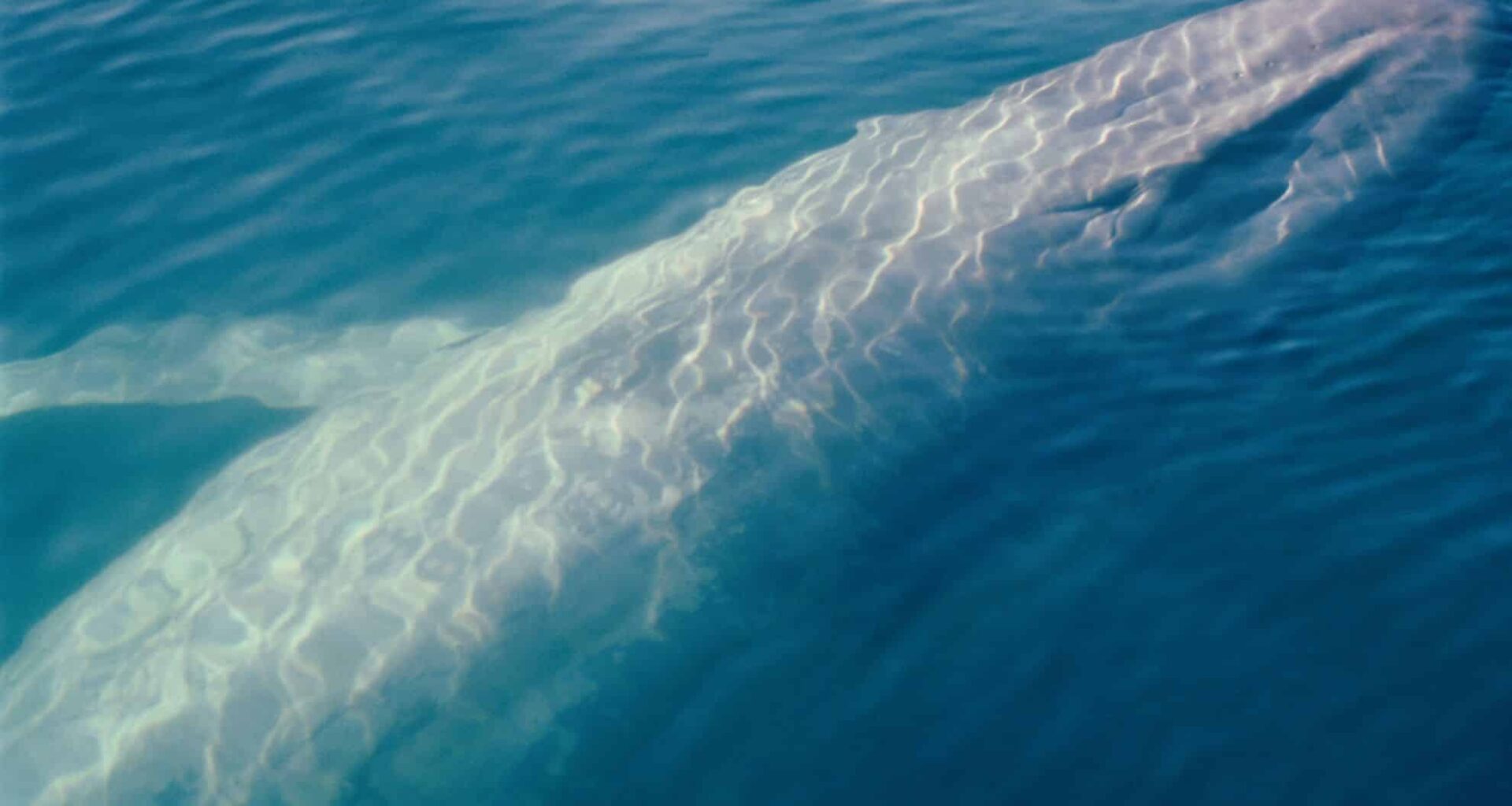In an exciting breakthrough for marine conservation, The Wildlife Trust of South and West Wales (WTSWW) recently captured footage of the critically endangered angel shark in Cardigan Bay, marking the first sighting of the species since 2021. This discovery, reported by The Guardian, offers a glimmer of hope for a species on the brink of extinction. Angel sharks, once abundant in UK waters, have seen their population plummet by more than 80% over the past four decades, largely due to habitat degradation and the harmful effects of industrial fishing. WTSWW’s groundbreaking footage has sparked renewed interest in the conservation of this elusive shark and the ecosystems it inhabits.
The Rare Sighting: A Conservation Milestone
The footage of the angel shark was recorded as part of WTSWW’s ongoing marine monitoring project. According to Dr. Sarah Perry, marine conservation and research manager at WTSWW, the sighting is a significant milestone: “We were thrilled to record an angel shark in Cardigan Bay, a rare and exciting encounter.” The elusive nature of this species makes such discoveries rare, as before this project, angel sharks had not been filmed in Cardigan Bay since 2021. The project uses high-tech underwater cameras to monitor marine wildlife, providing crucial data on endangered species and contributing to broader efforts to protect marine ecosystems.
Cardigan Bay, with its diverse marine life and vital habitats, plays a crucial role in the UK’s ecological landscape. The fact that the angel shark has reappeared in this region highlights the potential for recovery, but it also emphasizes the urgent need for continued conservation efforts. This rare footage offers a moment of optimism for those working to reverse the decline of endangered species like the angel shark.
The Threats to Angel Sharks and Marine Ecosystems
Despite this positive development, the future of the angel shark remains uncertain. The species is classified as “critically endangered” on the International Union for Conservation of Nature’s (IUCN) Red List of Threatened Species, primarily due to the loss of habitat and slow reproductive rates. Angel sharks, which spend most of their lives on the ocean floor, face numerous challenges in adapting to a rapidly changing marine environment. They are also vulnerable to fishing practices like trawling, where large nets dragged across the seabed indiscriminately capture all marine life in their path, including non-target species like angel sharks.
WTSWW’s work in Cardigan Bay highlights the vital importance of protecting such habitats from destructive fishing practices. “While Cardigan Bay and other vital habitats are full of incredible wildlife and store vast amounts of carbon, yet they are threatened with destruction by industrial-scale fishing in many areas,” WTSWW said in their statement. The continued use of harmful fishing methods such as trawling poses a significant threat to the survival of angel sharks and other species that rely on seafloor habitats.
Moreover, the destruction of these habitats not only endangers species like the angel shark but also has broader ecological consequences. Marine ecosystems are critical for regulating global carbon cycles, and the loss of these ecosystems could accelerate climate change, affecting both marine and terrestrial life. The angel shark’s role in maintaining the balance of prey populations further underscores its importance in the ecosystem.
Angel Shark’s Role in Ecological Balance
Angel sharks are apex predators, which means they play an essential role in regulating the populations of smaller species in their ecosystem. By controlling the populations of fish and invertebrates, angel sharks help maintain a balanced and healthy ecosystem. This balance is vital for the overall health of marine life, as unchecked populations of smaller species can lead to the overgrazing of vital habitats like seagrass beds and coral reefs. As WTSWW pointed out, the loss of species such as the angel shark would have cascading effects on the ecosystem, potentially disrupting the delicate food chain.
In addition to their ecological role, angel sharks also contribute to the health of marine environments by helping to keep seagrass beds in check. These habitats are essential for carbon sequestration, and their destruction could exacerbate climate change. By protecting species like the angel shark, we are not only preserving biodiversity but also contributing to global efforts to combat climate change.
Path Forward: What Needs to Be Done for Angel Sharks
The discovery of the angel shark in Cardigan Bay is a welcome sign, but it also highlights the critical need for continued conservation efforts. Without intervention, the angel shark could disappear from the waters of the United Kingdom, along with countless other endangered species that rely on similar habitats. WTSWW advocates for stronger protections in marine protected areas and calls for a ban on destructive fishing practices like trawling in these areas.
Efforts to protect angel sharks and other endangered species must be supported by both local and national governments, as well as by the fishing industry. Regulatory changes, such as the implementation of more sustainable fishing practices, could make a significant difference in preserving marine biodiversity. WTSWW and other environmental groups continue to push for legislative changes that will protect vital habitats and ensure that species like the angel shark have a chance to recover.
Furthermore, public engagement and awareness are crucial to the success of these conservation efforts. By supporting sustainable businesses, participating in policy discussions, and staying informed about environmental issues, individuals can contribute to the protection of marine ecosystems. It is through collective action that we can ensure a cleaner, safer planet for future generations.

